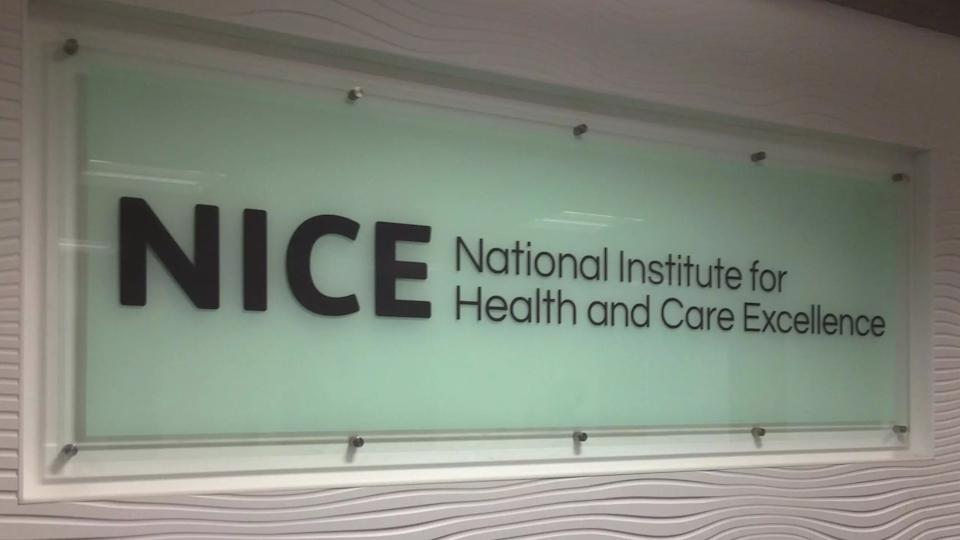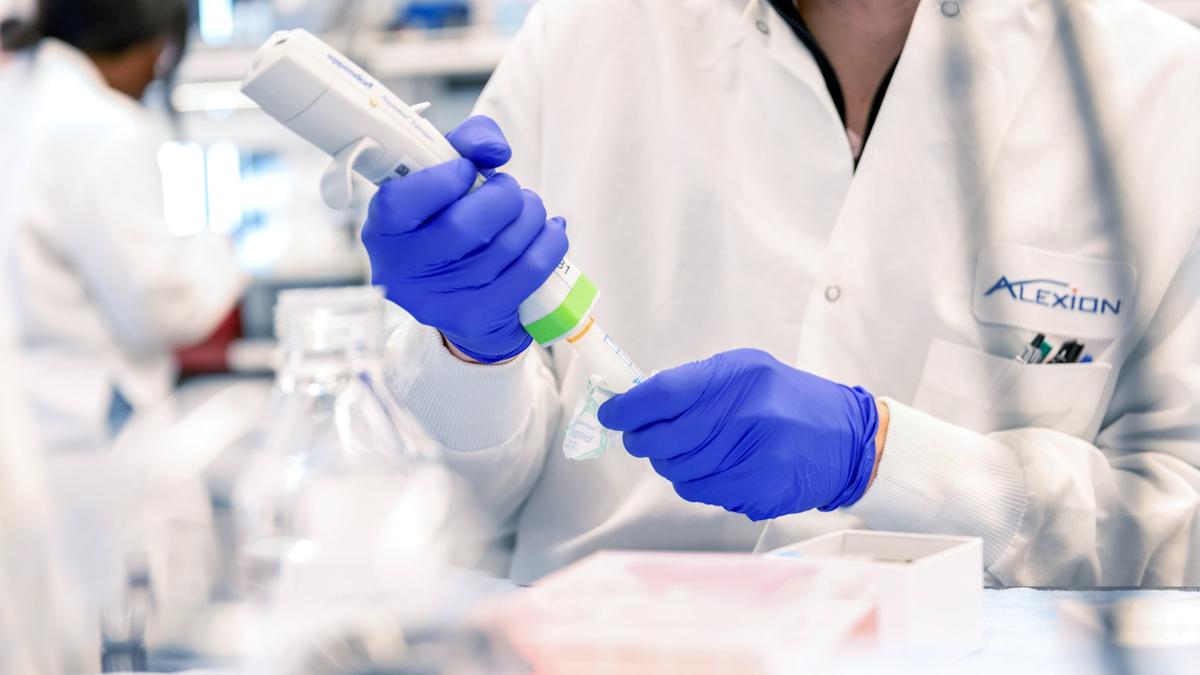In U-turn, NICE backs first drug for AL amyloidosis

Almost four years after it was approved in Europe to treat the incurable rare disease systemic amyloid light-chain (AL) amyloidosis, Johnson & Johnson’s Darzalex has been given the go-ahead for routine use by the NHS in England and Wales.
The decision comes more than a year after cost-effectiveness arbiter NICE rejected Darzalex (daratumumab) as part of a combination regimen with J&J’s Velcade (bortezomib), cyclophosphamide, and dexamethasone (known as DaraCyBorD or DVCd) for AL amyloidosis treatment.
It follows an appeal and public awareness campaign by patient advocacy group Myeloma UK, which argued that NICE had acted unfairly by failing to invite an AL amyloidosis expert or a haematologist to participate in the review process.
The guidance also ends a disparity in access within the UK, as the regimen has been available on the NHS in Scotland and Northern Ireland since 2022.
Myeloma UK said the change of heart was “a hard-fought victory” and throws a lifeline to the approximately 600 people a year who are diagnosed in the UK with AL amyloidosis, a bone marrow disorder that causes amyloid to build up in tissues, leading to organ damage.
Genmab-partnered Darzalex – which is also used to treat the blood cancer multiple myeloma – was shown in the ANDROMEDA clinical trial to delay the progression of AL amyloidosis, with 59% of patients showing no sign of the disease 20 months after treatment versus 18% of those on Velcade, cyclophosphamide, and dexamethasone.
Dr Sophie Castell, Myeloma UK’s chief executive, thanked patients, clinicians, and all those who backed its #UnlockDaraCyBorD campaign and fought to make the new treatment available on the NHS.
“This new drug combination is a game-changer and we know it can have a significant impact on people’s quality of life and remission times,” she said.
“Although we’re immensely proud of what we’ve achieved together, we are mindful that, over the last year, while we pushed for a U-turn on NICE’s decision, hundreds of newly diagnosed patients missed out on this life-changing treatment. It’s disappointing that it took so long to get to this point.”
Amanda Cunnington, senior director of patient access at J&J’s Janssen-Cilag unit, praised the “commitment and drive” of all stakeholders in achieving the outcome.
“We hope that the progress made here shows what is needed for the UK healthcare system and the pharmaceutical industry to work together to address unmet needs for patients with rare diseases,” she said.













